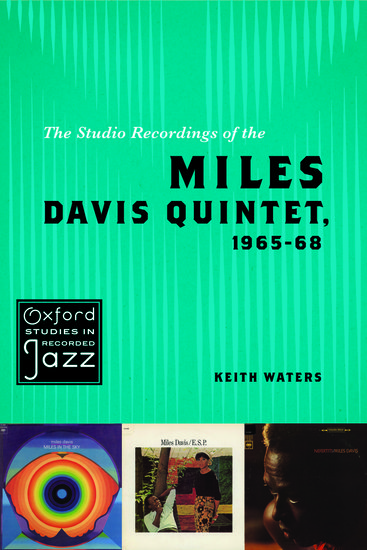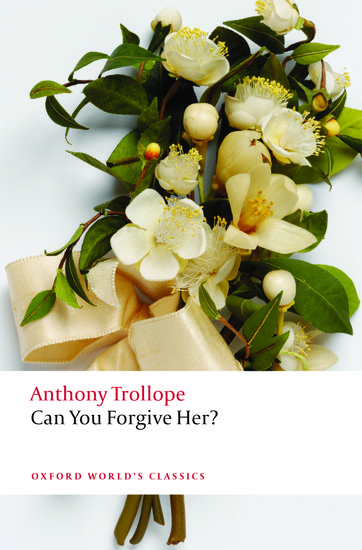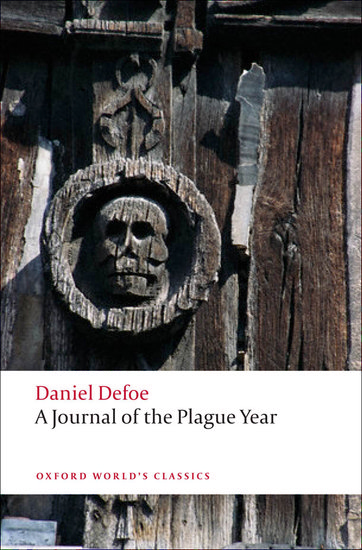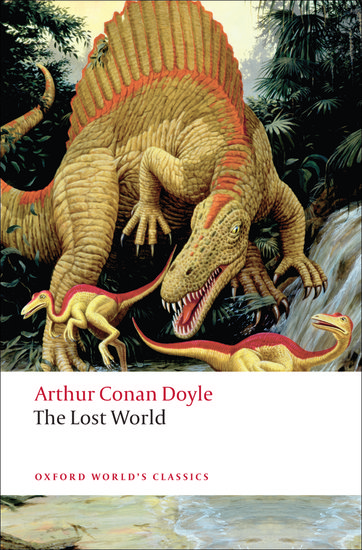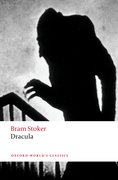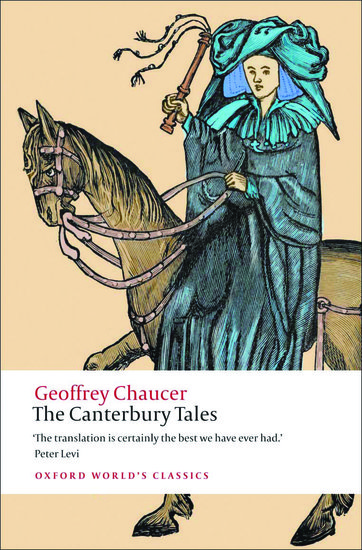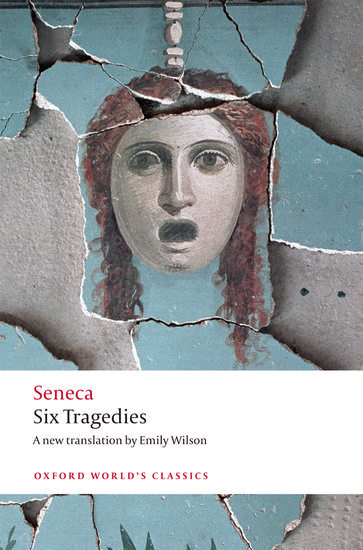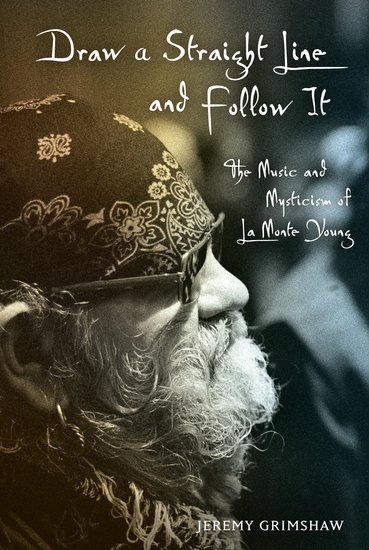Miles Davis’s second classic quintet
By Keith Waters
The Miles Davis Quintet of the mid-1960s — Davis’s “second classic quintet” — was groundbreaking and influential. Their approach to live performance allowed attractive new possibilities for group interaction, the use of harmonic and metric superimposition, and developing pathways for extended improvisation. Their studio recordings offered a host of fresh jazz compositions, innovative in their harmonic progressions, formal designs, and melodic structures.

